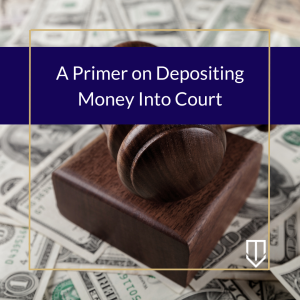 Under certain special circumstances, money can be deposited with the court to safeguard during lawsuits under Code of Civil Procedure sections 572 and 573. The justification for such a rule is that, if the court doesn’t protect the money, the other party may spend it, rendering a plaintiff’s victory somewhat hollow.
Under certain special circumstances, money can be deposited with the court to safeguard during lawsuits under Code of Civil Procedure sections 572 and 573. The justification for such a rule is that, if the court doesn’t protect the money, the other party may spend it, rendering a plaintiff’s victory somewhat hollow.
However, there are several important limitations in place in order for parties to actually utilize section 572. Chief among them is that the money needs to be “the subject of the litigation.” And even if the money does fall into this category, the Court cannot receive the funds until it is proven that the money is being held wrongfully.
 California Partition Law Blog
California Partition Law Blog













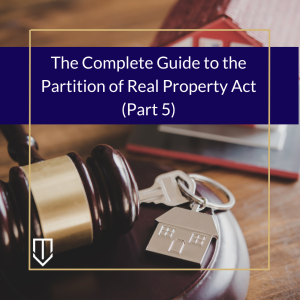 Just as there are special provisions for defaulting parties with
Just as there are special provisions for defaulting parties with  It is an unfortunate fact that many marriages don’t make it out of the engagement stage. While this can be a difficult time for all involved, the situation can only become more dire when real property is involved.
It is an unfortunate fact that many marriages don’t make it out of the engagement stage. While this can be a difficult time for all involved, the situation can only become more dire when real property is involved.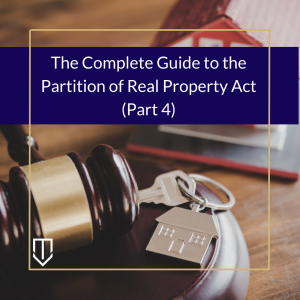 This is a continuation of our ongoing series on the Complete Guide to the Partition of Real Property Act. For complete comprehension, we would suggest
This is a continuation of our ongoing series on the Complete Guide to the Partition of Real Property Act. For complete comprehension, we would suggest 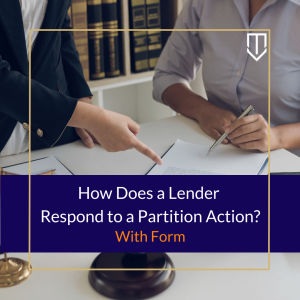 A declaration of non-monetary status is a special type of court filing reserved for trustees under
A declaration of non-monetary status is a special type of court filing reserved for trustees under 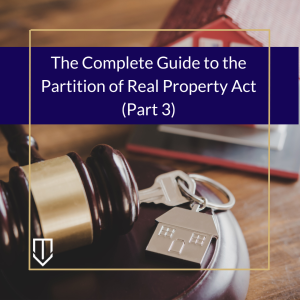 How does the court appraise the property (CCP § 874.316)?
How does the court appraise the property (CCP § 874.316)?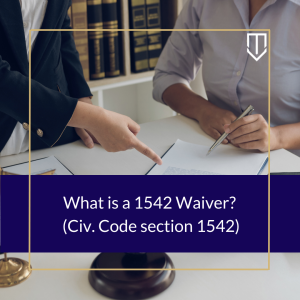 Civil Code section 1542 provides, “
Civil Code section 1542 provides, “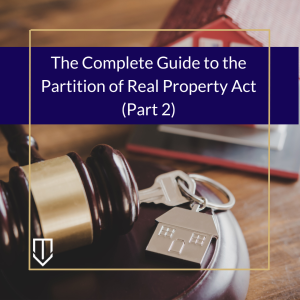
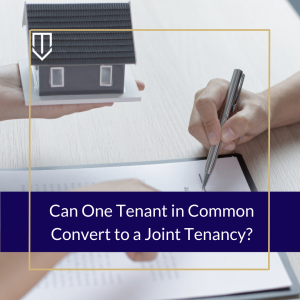 No, not unless they want to convert their own, singular interest into two or more shares. The reason for this is that grantors in
No, not unless they want to convert their own, singular interest into two or more shares. The reason for this is that grantors in 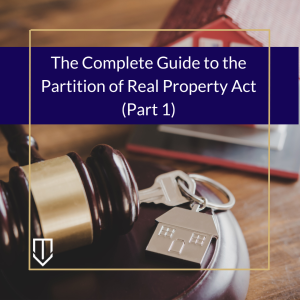 It’s rare that a new law comes along that turns an entire established legal practice on its head. Yet that’s precisely what California’s Partition of Real Property Act intends to do. Revised in 1976,
It’s rare that a new law comes along that turns an entire established legal practice on its head. Yet that’s precisely what California’s Partition of Real Property Act intends to do. Revised in 1976,